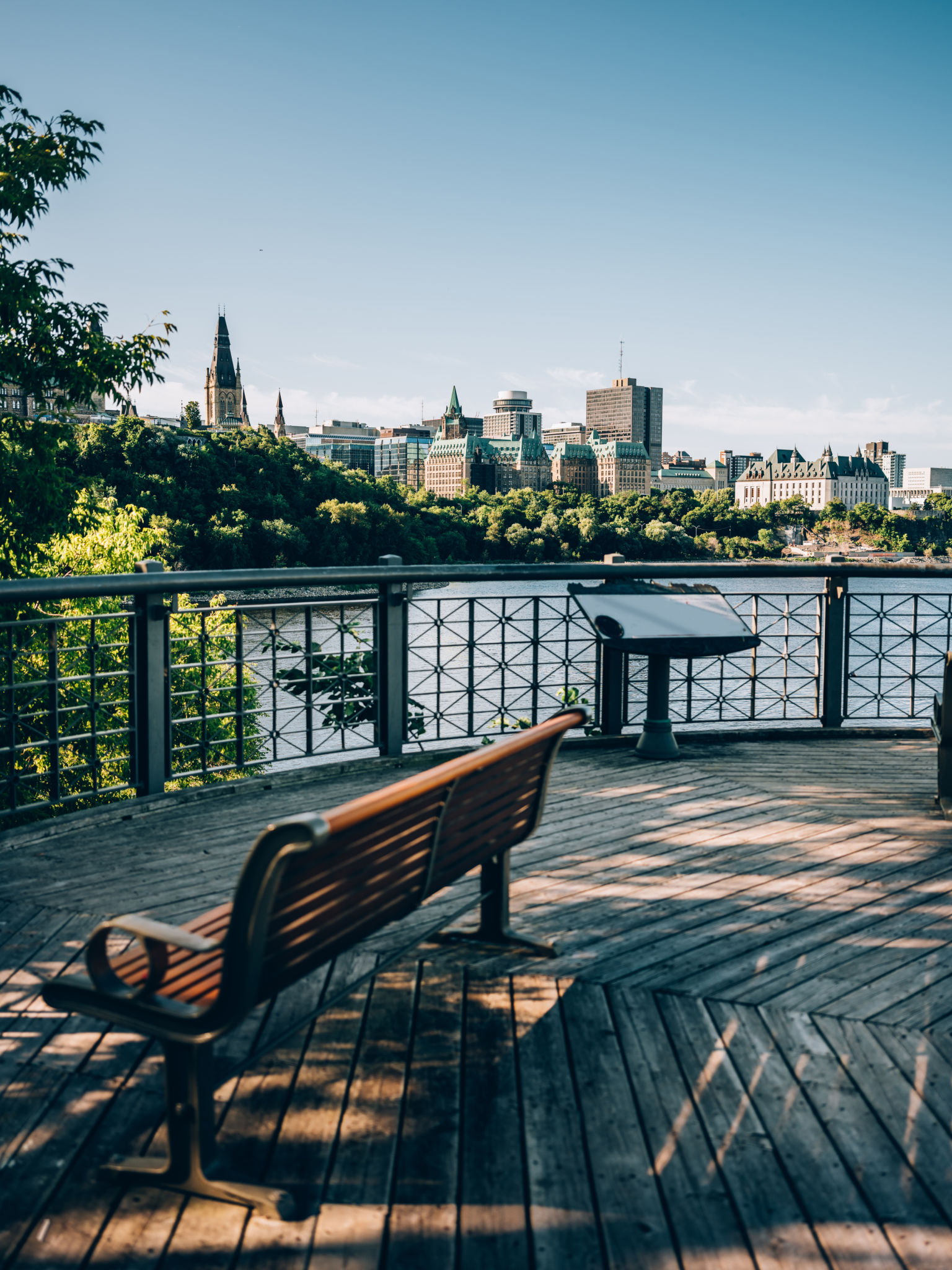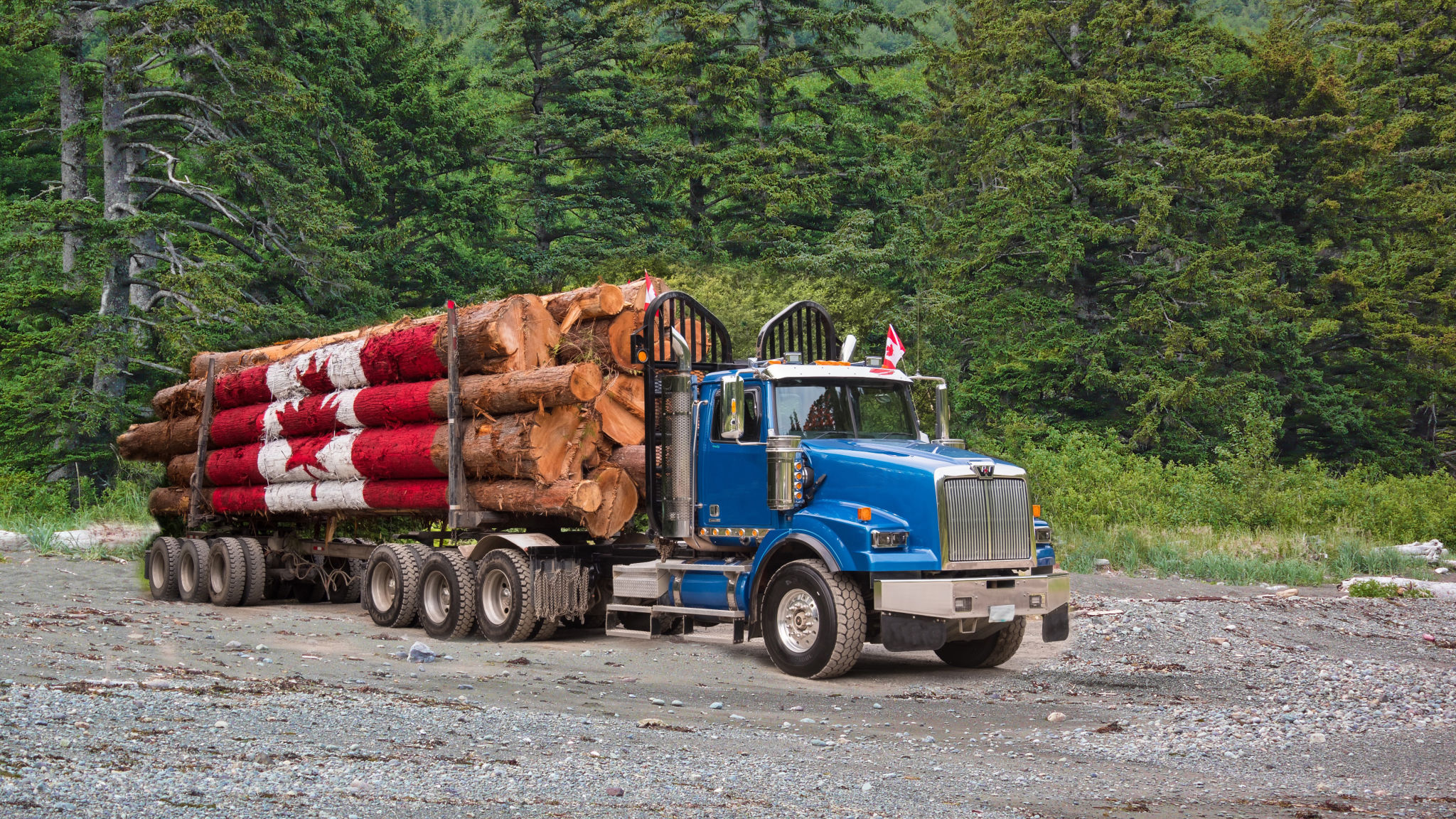Comparing Deck Materials: Which is Best for Ottawa's Climate?
Introduction
Building a deck in Ottawa requires careful consideration of materials due to the city's unique climate. With its hot summers, cold winters, and fluctuating humidity levels, choosing the right decking material is crucial for longevity and durability. This guide will help you understand the pros and cons of various deck materials to make an informed decision for your outdoor space.

Wood Decking
Cedar
Cedar is a popular choice for many homeowners due to its natural beauty and resistance to decay. It contains natural oils that help protect it from insects and rot. However, cedar requires regular maintenance, such as staining and sealing, especially in Ottawa's harsh winters, to preserve its aesthetic appeal and structural integrity.
Pressure-Treated Wood
Pressure-treated wood is another common option, known for its affordability and durability. Treated with chemicals to resist rot and insects, it stands up well to Ottawa's variable weather conditions. Despite its advantages, it can warp or crack over time if not properly maintained. Regular treatment can help extend its lifespan.
- Pros: Pressure treatment significantly extends the lifespan of wood by protecting it from the damaging effects of moisture, decay, and pests. This leads to structures that last longer and require less frequent replacement.
- Pros: The chemicals used in pressure treatment create a barrier against fungal growth and moisture absorption, preventing rot and decay.
- Pros: Pressure-treated wood repels termites, carpenter ants, and other insects, minimizing the risk of insect damage and infestations.
- Pros: Compared to other materials like some types of composite decking, pressure-treated wood is often more budget-friendly, making it an attractive option for cost-conscious projects.
- Pros: Pressure-treated lumber is generally easy to cut, shape, and install, making it a good choice for DIY projects and professional construction.
- Pros: Pressure-treated lumber is widely available in various sizes and lengths, making it readily accessible for most construction needs.
- Pros: Treated wood can maintain its strength and structural integrity even in humid or rainy environments, ensuring that structures remain stable and sa
- Pros: Some pressure-treated wood is also treated with fire retardants, making it a safer option for buildings in areas prone to fire hazards.
- Cons: To maintain its appearance and prevent rot, pressure-treated wood requires regular staining, sealing, and cleaning.
- Cons: The chemicals in the treatment process can corrode metal fasteners, requiring galvanized or stainless steel hardware.
- Cons: Fading: Exposure to UV rays can cause pressure-treated wood to fade and gray over time, requiring regular staining or sealing to maintain its appearance.
- Cons: Pressure-treated wood can splinter and develop cracks (checking) as it dries and expands, making it less durable and less aesthetically pleasing.
In summary, pressure-treated wood is a durable, affordable, and pest-resistant option for outdoor projects, making it a popular choice for decks, fences, and other structures that are exposed to the elements.

Composite Decking
Composite decking is a blend of wood fibers and plastic, offering a low-maintenance alternative to traditional wood. It's designed to withstand harsh weather without rotting or splintering. While the initial cost might be higher, its longevity and minimal upkeep make it a cost-effective option in the long run.
Pros and Cons
- Pros: Composite decks are designed to withstand the harsh Canadian climate, including extreme temperatures, heavy snow, and moisture. They are less prone to damage compared to traditional wood decks.
- Pros: They require minimal upkeep, such as occasional cleaning, and don't need staining or sealing, saving time and money.
- Pros: Composite decks come in a variety of colors and styles, allowing for customization to match individual preferences and home exteriors.
- Pros: Many composite decking materials are made from recycled content, making them a sustainable option.
- Pros: Some composite decks are designed with slip-resistant surfaces, enhancing safety, especially in wet or snowy conditions.
- Pros: While the initial cost may be higher than wood, the long-term durability and reduced maintenance costs make them a cost-effective investment.
- Cons: Can be more expensive upfront and may not have the same natural look as real wood.
- Cons: Compared to other materials, composites tend to be more brittle and prone to damage especially in the cold.
- Cons: Some composites can release toxic fumes and particles when hot or burned, posing health risks.
- Cons: Can grow mold and often gets dirty making the owner have to pressure wash it every year.
- Cons: Composite can be prone to staining from various foods, drinks, and habits.
- Cons: Composite decking can warp, particularly in hot weather.
- Cons: Composite decking experiences significant expansion and contraction with temperature changes, potentially leading to damage.
- Cons: Repairing damaged composite decking can be difficult, especially compared to traditional wood.
- Cons: Composite decking can be more expensive than traditional wood decking initially.
- Cons: In the hot blazing sun composite decking can burn your feet when not wearing proper footwear.

Vinyl Decking
Vinyl or PVC decking is another excellent choice for Ottawa's climate. It's highly resistant to moisture and temperature changes, making it an ideal option for both winter snow and summer heat. Vinyl decks are easy to clean and maintain; however, they can be prone to cracking in extremely cold temperatures.
Environmental Impact
Vinyl decking is often criticized for its environmental impact since it's made from synthetic materials. However, some manufacturers are now producing eco-friendly options using recycled content. Considering the environmental footprint might be an important factor for eco-conscious homeowners.

Conclusion
Ultimately, the best decking material for your Ottawa home depends on your budget, maintenance preferences, and environmental considerations. Whether you opt for the natural charm of cedar or the low-maintenance appeal of composite or vinyl, understanding each material's characteristics will help you create a beautiful, lasting outdoor space.
Consider consulting with a local expert to ensure your chosen material meets your specific needs and withstands Ottawa's diverse weather conditions. A well-planned deck not only enhances your home's value but also provides a relaxing retreat for you and your family throughout the seasons.